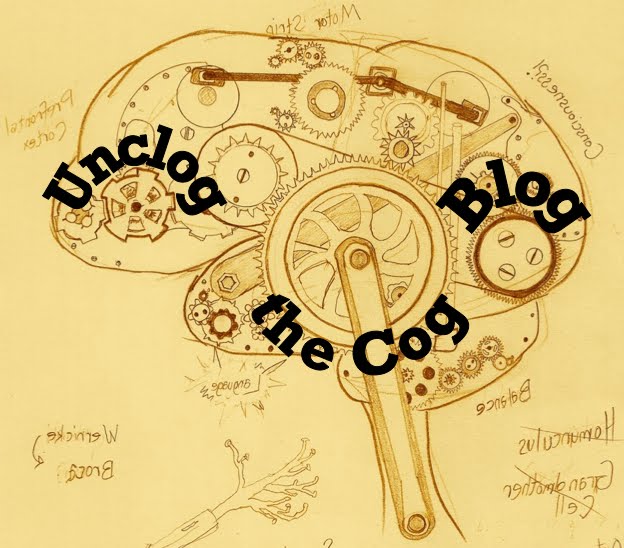Well, the new DSM-V (Diagnostic and Statistical Manual of Mental Disorders), the bible of psychology is now drafted, as of this week.
My head is swimming, especially considering earlier blogs on semantics and labeling.
There is no more Asperger's Syndrome. Aspies will now be considered "Autistic Spectrum Disorders." What a weird experience, I presume: to have a name you have likely grappled with, identified with, used to find others like you, or explained time after time YANKED out from underneath you. Now you are situated along a continuum, seen as a mild version of others. Aspergers' is now referred to as a "personality type" and "is outside the scope of DSM, which explicitly concerns clinically-significant and impairing disorders."
There will be no more Writing Disorder. No more Learning Disability, Not Otherwise Specified. The process of categorizing has always felt a bit like squeezing round pegs into square holes (often for purposes of school identification or insurance reimbursement). However, now I worry there will no longer be a hole into which to do any squeezing. I can think of 20 kids I've seen in the last month that have a genuine writing disorder. What do they have now? DSM proposes the broad category "Learning Disability" for the first time.
A Reading Disorder can no longer include difficulty in reading comprehension. Arg, we lose focus on the fact that the process of reading is making sense of text (not just pairing sounds and symbols rapidly). I love the irony of a spelling mistake in APA making the case that reading is only decoding:
The new name for a reading disorder is "dyslexia;" a disorder of mathematics is "dyscalculia." Turning back the clock? The stated intention is to be more consistent with international use. Then, one line later, the APA cites US legislation (reauthorization of IDEA) to de-emphasize the use of discrepancy in identifying a learning disability. US legislation determines whether someone has a mental disorder? That bill was passed so that congresspeople could get re-elected or pass their pork-barrel projects, and the DSM cites this alongside peer-reviewed academic research to justify their clinical category?
I'll blog at some other time about the various proposals to make sense of AD/HD. That will end up being the biggest change for children in the DSM-V.
DSM-V goes into effect 2013. They are accepting comments beginning in April. I'll put in my two cents.
At this point, I'm reeling from the shock. After IDEA was reauthorized, I could at least hang my hat and thinking in the DSM world. Now these changes worry me even more. Before I rant too much more, I should probably make sure I'm sure I'm not just over-reacting to change. Oh look! No Worries! The new DSM has a new category for me and all those who share my concerns: Adjustment Disorder With Mixed Anxiety and Depressed Mood
.jpg)

I like the fact that you care so much about children's learning and their appropriate diagnoses, but don't get a mixed anxiety disorder over it! Lots of food for thought here, Jordi, so thanks for sharing.
ReplyDeleteReally, this is a good article. I have read the above content that you describe it beautifully. A unknown person, when reading the content and clearly understandable.
ReplyDelete4d scheduling
I am totally agree with robert... Very informative and helpful blog post...
ReplyDeletewww.vedutadesign.com